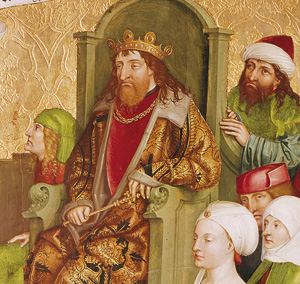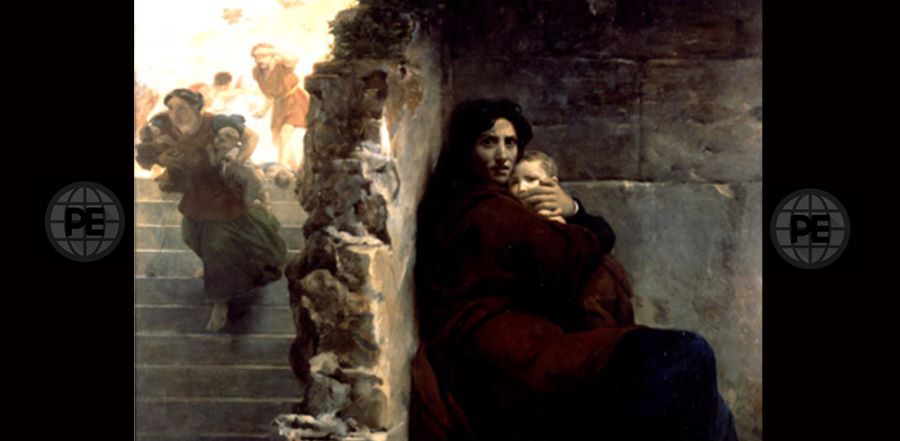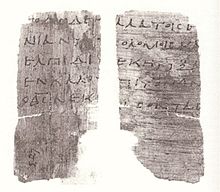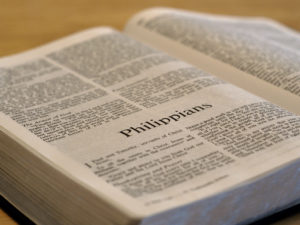Contradiction About When Jesus’ Disciples Returned To Galilee?
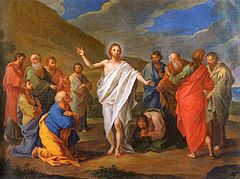 |
Skeptics and critics have sometimes claimed that the gospels have a contradiction about when Jesus’ disciples returned to Galilee.
Alleged contradiction:
When did the disciples return to Galilee?
(a) Immediately, because when they saw Jesus in Galilee “some doubted” (Matthew 28:17). This period
of uncertainty should not persist
(b) After at least 40 days. That evening the disciples were still in Jerusalem (Luke 24:33). Jesus
appeared to them there and told them, stay in the city until you are clothed with power from on high”
(Luke 24:49). He was appearing to them “during forty days” (Acts 1:3), and “charged them not to depart
from Jerusalem, but to wait for the promise … “(Acts 1:4)
